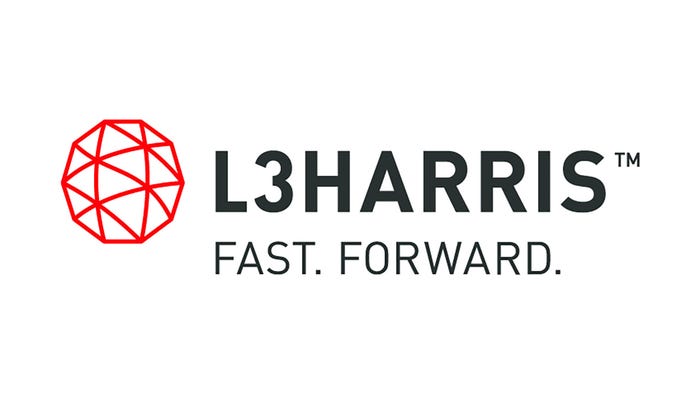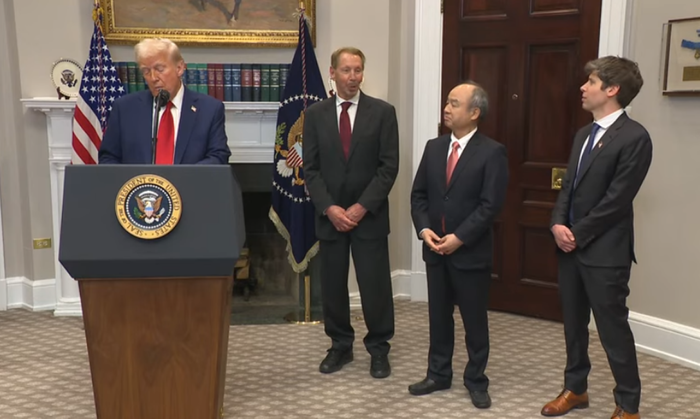Samsung stays grounded when it comes to satelliteSamsung stays grounded when it comes to satellite

Last week, Samsung announced its upcoming flagship phone, Galaxy S23, won’t take to the skies quite like its greatest competitor, the iPhone 14 – at least in terms of connectivity. The South Korean tech giant has opted not to include emergency messaging via satellite, citing limited functionality. While that may be the case for now, change is afoot in the industry and the inclusion of satellite communications in 3GPP’s 5G standards may well be the dawn of a new era for satellite connectivity.
For Qualcomm, Samsung’s decision may sting since it designed the Snapdragon Satellite functionality, supported by the Snapdragon 8 Gen 2 chipset used in Galaxy S23, specifically for premium smartphones. With the iPhone 14 running on Apple’s own silicon, there is no eligible smartphone more premium than Samsung’s flagship offering, or a player with bigger market share. Which begs the question: Why would Samsung pass up the opportunity to match its competitor’s latest new feature?
For one, the company still considers the functionalities offered by satellite too limited, as TM Roh, head of Samsung’s mobile experience business, told CNET. The tech giant may reconsider, according to Roh, once the technology and infrastructure are ready. It is worth noting Google is still working to include native support for satellite communications in Android – this is set to be part of the next release.
It is easy to see why Samsung would consider the functionality offered by satellite limited. Although potentially lifesaving, the emergency messaging feature would only be used by a fraction of users on very rare occasions. And as Peter Kibutu, TTP’s advanced technology lead for non-terrestrial networks, told Light Reading in January, “the jury is still out” on what the economics of such a solution are.
Consolidation pending
The number of use cases could grow, however, as companies are increasingly pursuing satellite-based 5G technology. For example, T-Mobile has struck a deal with SpaceX, while Vodafone, Orange, AT&T and Rakuten have partnered with startup AST SpaceMobile, in addition to Apple’s partnership with Globalstar.
To read the complete article, visit Light Reading.



_Zoonar_GmbH_Alamy[1].jpg?width=700&auto=webp&quality=80&disable=upscale)